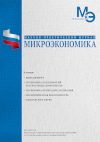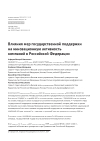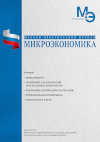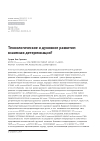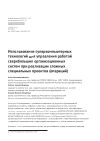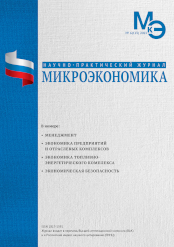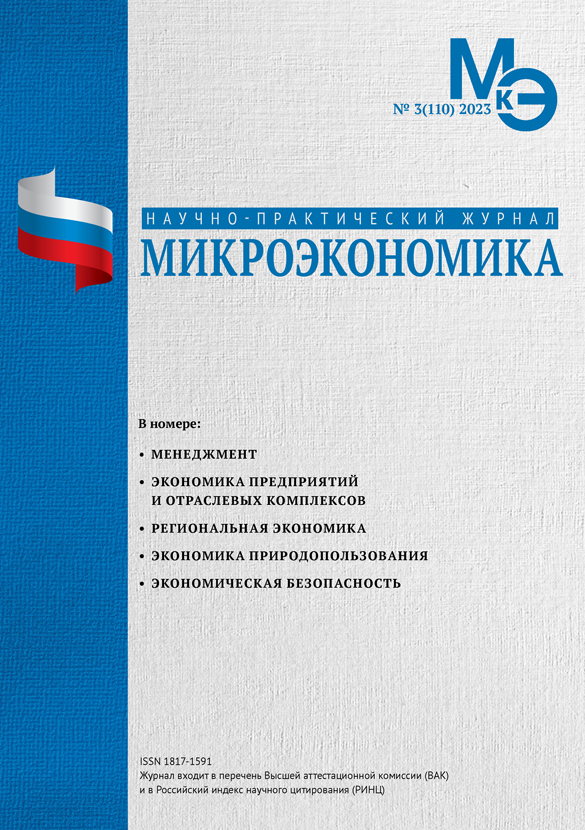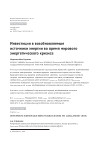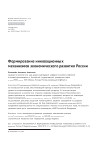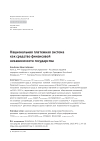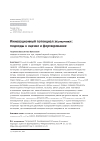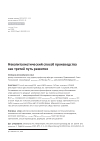On the essence of modern property relations
DOI: 10.33917/mic-3.116.2024.5-14
The recent campaign to seize large enterprises from private property based on appeals from the General Prosecutor’s Office of the Russian Federation to the courts is causing a mixed reaction in the public consciousness. On the one hand, the people have long been yearning for a review of the results of privatization – unfair, unreasonable and criminal. On the other hand, the statute of limitations for challenging acts of privatization of state property in the 1990s. has long expired, and their abolition looks like an arbitrariness of law enforcement agencies, grossly trampling on basic property rights, which are considered the basis of the current economic structure. Let’s try to figure out if this is so.
References:
1. Civil Code of the Russian Federation dated November 30, 1994 No. 51-FZ (as amended on March 11, 2024). URL: https://www.consultant.ru/document/cons_doc_LAW_5142/
2. Analysis of the processes of privatization of state property in the Russian Federation for the period 1993-2003. Report of the Accounts Chamber. M.: Olita Publishing House, 2004.
3. Kleiner G.B. Managing corporate enterprises in transition economies. Economic issues. 1999;8:64 (In Russ.).
4. Kleiner G.B. Enterprise strategy. M.: «Delo» ANKh Moscow. 2008. 528 p.
5. Ouchi U. Methods of organizing production. Japanese and American approaches (brief translation from English). M.: Economics. 1984.
6. Glazyev S. Chinese economic miracle. Lessons for Russia and the world. M.: Iz-vo «Ves Mir», 2023. 406 p.
7. Kleiner G.B., Khabibullin R.I., Dementyev V.E. and others. Collective forms of management in modern economics. M.: Publishing House «Scientific Library», 2017.




